-1750940419743.webp)
In a quiet corner of Rajahmundry, a mother wept. Not because her child had spoken a word. But because, for 912 days, he hadn’t. She had tried everything: flashcards, prayers, screen-time bans, gentle routines, and silent prayers.
Nothing worked. Doctors said, “Wait and see.” Teachers said, “he’s just shy.” And every day, she wondered if her son would ever look into her eyes and say “Amma.”
Then, one afternoon in a modest therapy room, something changed. Pinnacle Blooms didn’t start with therapy. They started with a map. A mirror. A score. The therapist showed her something called AbilityScore, a 0–1000 scale that reflected her child’s strengths, delays, and potential. For the first time, she saw her son’s development not as a mystery, but as a pattern that could be read, tracked, and supported.
And then, 42 days into therapy, her son turned to her and whispered: “Amma.” It wasn’t a miracle. It was measured progress. And it was the beginning, not just of her child’s transformation, but of a movement India was about to recognise.
On June 13, 2025, a letter was signed in Amaravati. It bore the official seal of the Government of Andhra Pradesh, and the words of its Hon’ble Health Minister, Satya Kumar Yadav, who didn’t just acknowledge a therapy network. He endorsed a future:
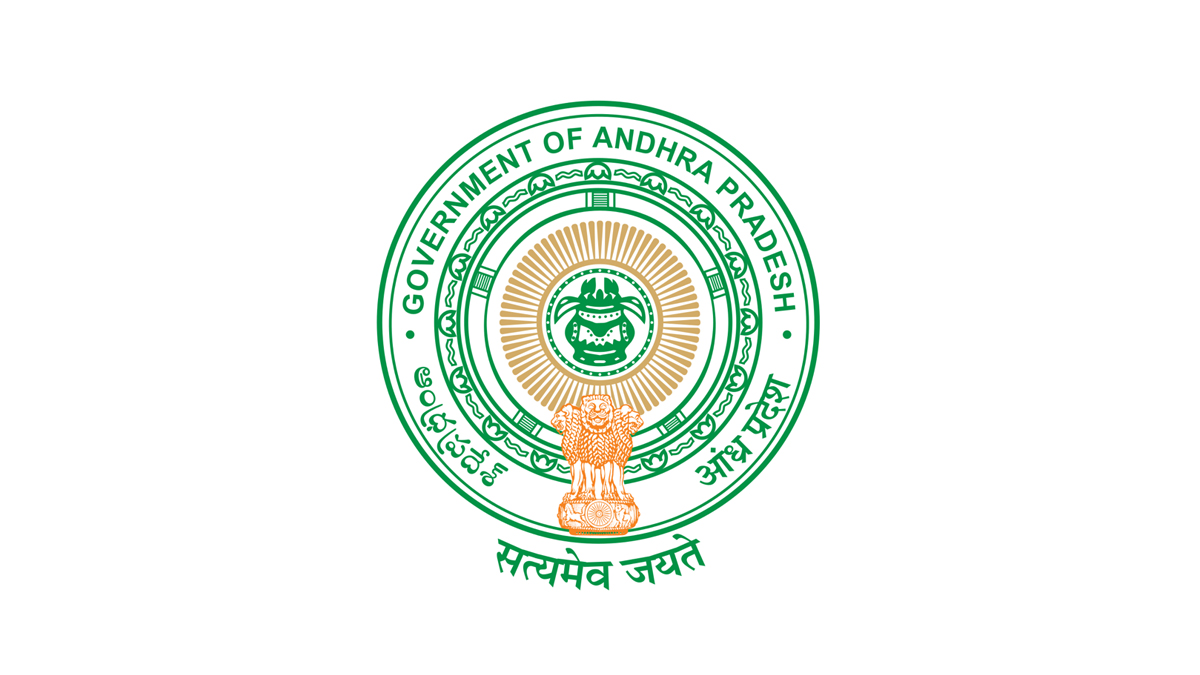
“Pinnacle Blooms Network is not just delivering therapy, it is delivering a future.” Hon’ble Satya Kumar Yadav, Minister for Health, Family Welfare & Medical Education.
That sentence marked more than appreciation. It marked India’s first formal recognition of a mother-led, scientifically validated, outcome-proven developmental therapy model, one built not in labs, but in therapy rooms, family homes, and 70+ cities across the country. It was the first time a state government openly declared, “This works. This is needed. This is now.”
It saw something deeper: That this wasn’t a private centre’s success. It was a scalable national solution, and Andhra Pradesh was ready to lead with it. The state government’s letter wasn’t ceremonial. It was structural.
It signalled to India and the world that child development is no longer a guessing game. It can be measured. It can be mapped. It can be made universal. And it began with one mother, one child, and one government that chose to believe.
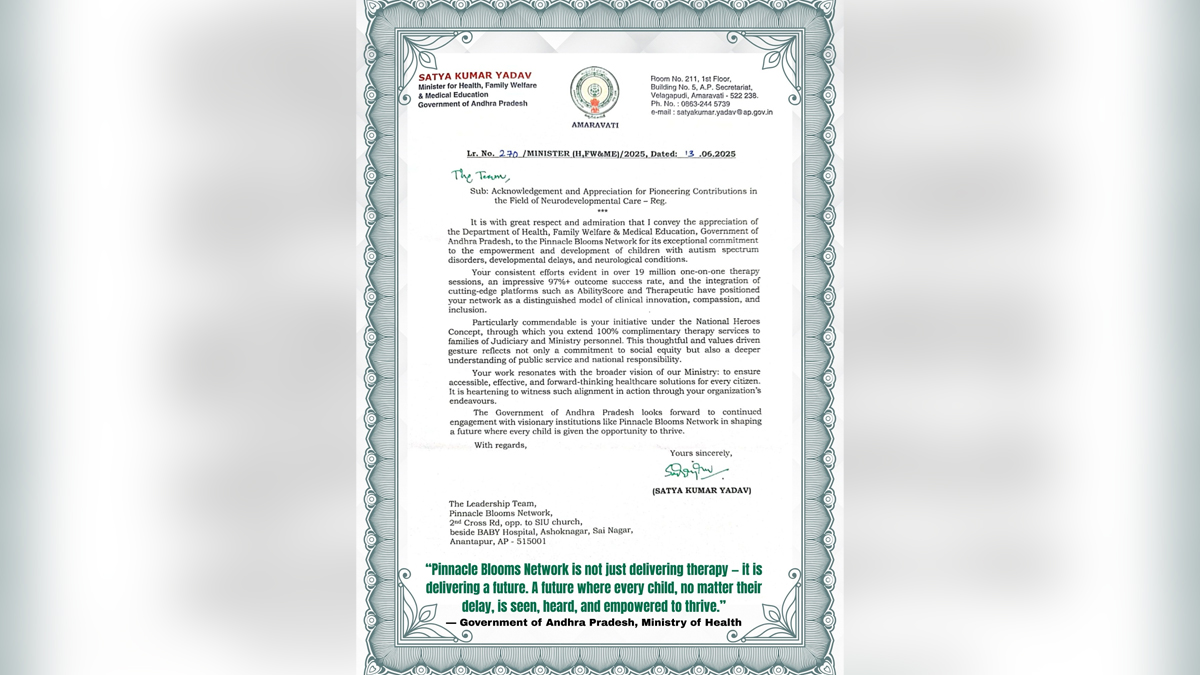
Following this endorsement, Pinnacle is now engaging with the Government of Andhra Pradesh to pilot AbilityScore screenings in public clinics, integrate SEVA™ into ICDS, and co-train therapists and ASHA workers across the state. This collaboration could become India’s most scalable early intervention blueprint.
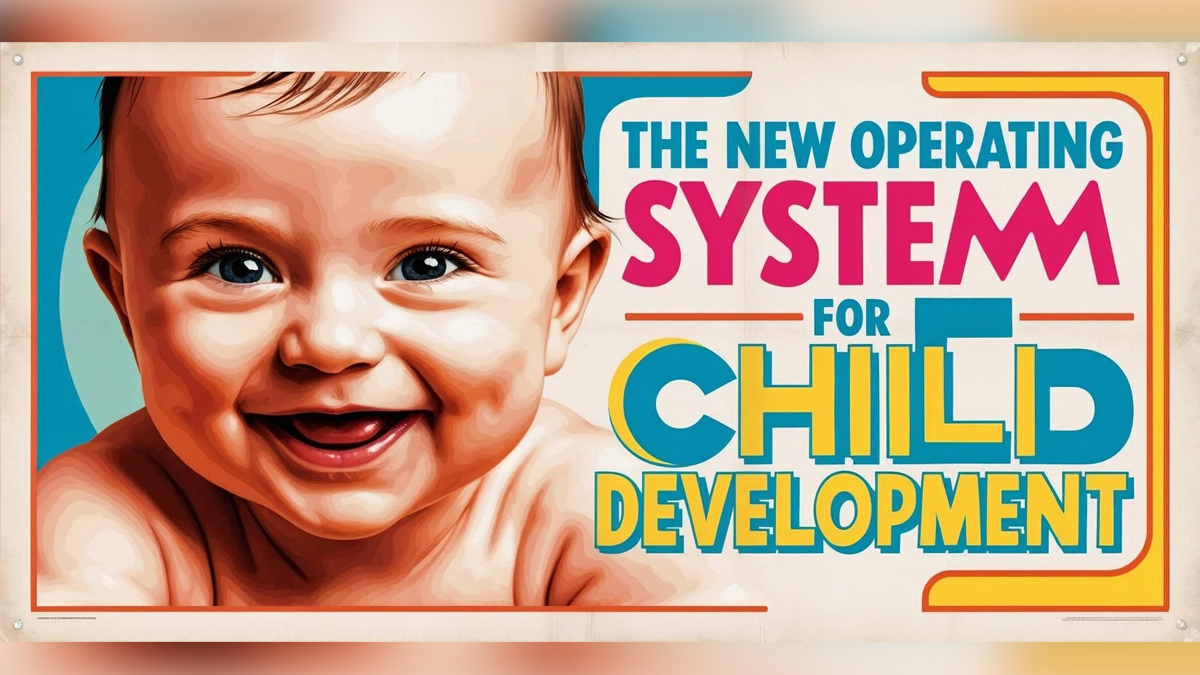
When the Health Ministry of Andhra Pradesh endorsed Pinnacle, it wasn’t based on sentiment. It was based on science. At the heart of Pinnacle’s national relevance and global potential are two world-first innovations:
The world’s first 0–1000 Universal Child Development Metric. It evaluates 344 developmental skills across 9 core domains, including speech, cognition, emotion, sensory processing, and behaviour. The score doesn’t diagnose. It reveals where a child is thriving, where support is needed, and where urgent intervention is required.
More than a number, it’s a compass, trusted by therapists, understood by parents, and structured enough to serve as a national development index.
Probably the world’s first autism- and child-development-focused artificial intelligence engine. It doesn’t just predict meltdowns.
It assists therapists in daily goal planning, reduces burnout, and personalises therapy in real-time using insights from over 19 million sessions.
Together, AbilityScore® and TherapeuticAI® transform what has long been an invisible struggle into visible, trackable, data-led progress.
The government saw more than innovation. It saw validation.
These are not aspirations. They are results, backed by 12 independently conducted research studies, consolidated into Pinnacle’s 2025 Whitebook and now referenced by leading academic and policy institutions. Andhra Pradesh’s recognition was not based on faith. It was based on proof.
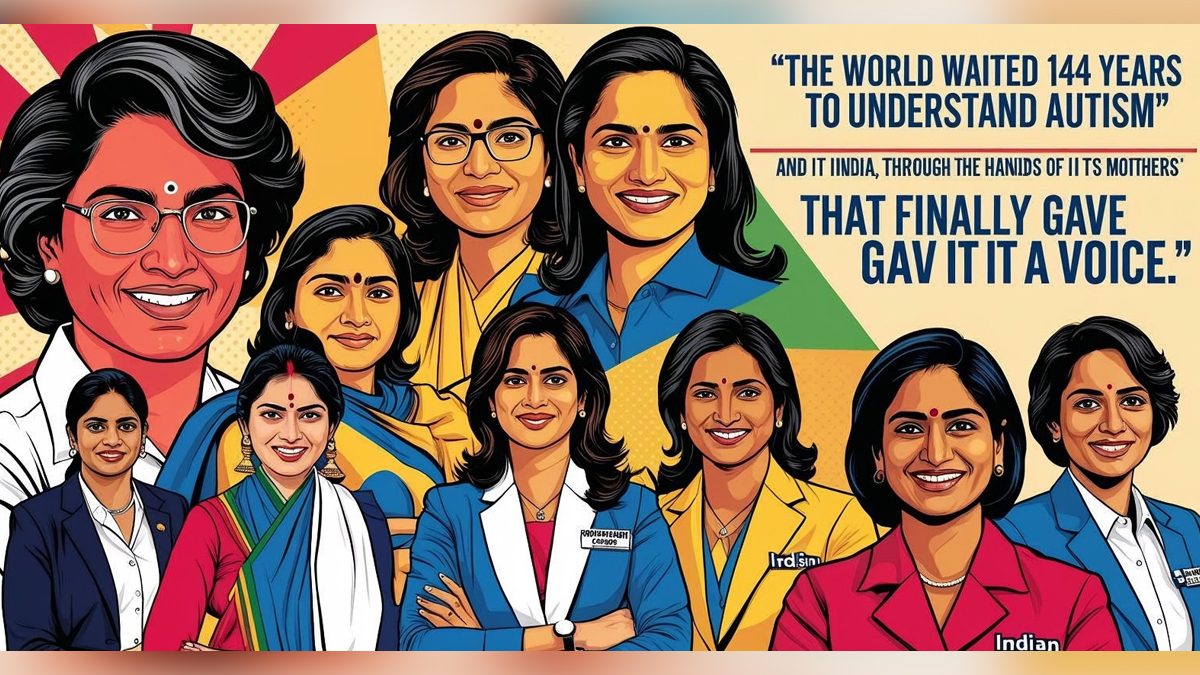
Pinnacle is more than an institution. It is a revolution in how humanity understands children.
This revolution was not led by labs. It was led by mothers. Over 70% of Pinnacle’s workforce is Women, therapists, caregivers, and designers of dignity. And behind every innovation, AbilityScore®, SEVA™, Everyday Therapy Program™, stands the lived experience of parenting, waiting, and never giving up.
Led by Dr Sreeja Reddy Saripalli, herself a mother, therapist, and innovator, the network now spans:
With over 90 crore Indian children and families in need, Pinnacle has become their mirror. Their map. Their megaphone.
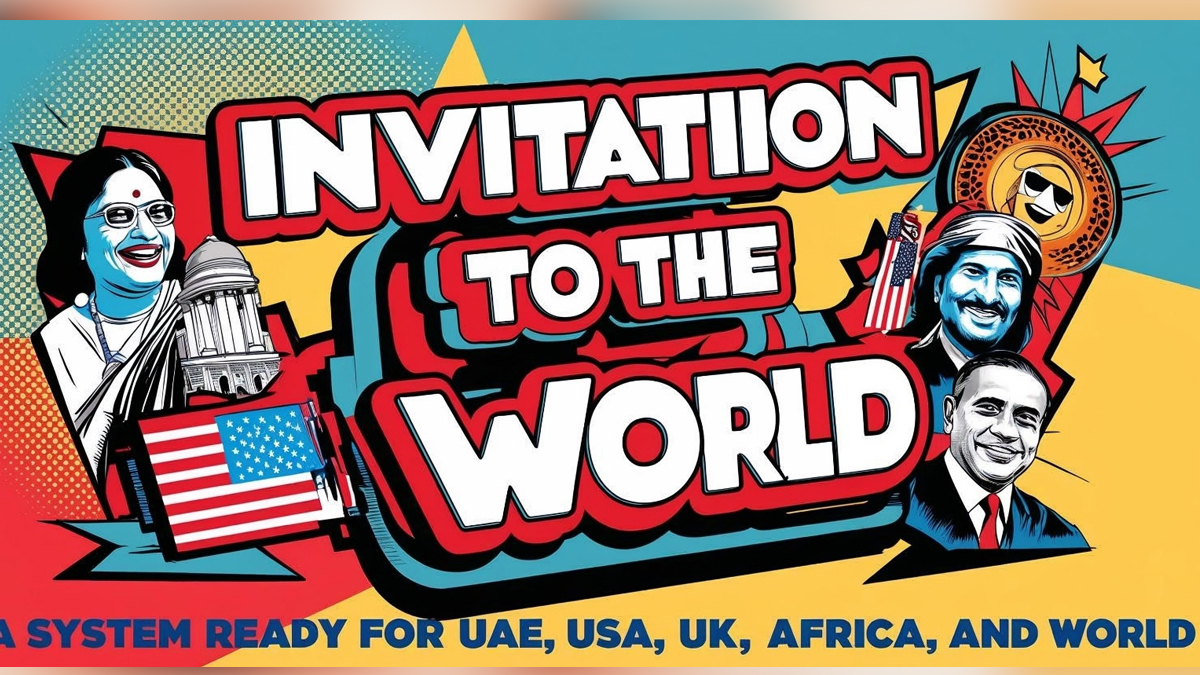
When Andhra Pradesh chose to recognise Pinnacle Blooms Network, it didn’t just issue a letter. It extended a hand to the nation and the world. This was not a one-time appreciation. It was a policy signal. A readiness statement. A formal invitation to collaborate, scale, and replicate a framework that has already changed lives across 70+ cities.
The Government saw in Pinnacle not a private centre, but a public solution, equipped with:
Andhra Pradesh’s leadership offers a blueprint for how state-backed health missions, education Boards and CSR foundations can integrate this framework:
“This is not charity. It is designed. Not a pilot. A platform.” The Andhra Pradesh Government has now laid the foundation for other states, other nations, and other global institutions to follow.
If you are a policymaker, a health system strategist, an education leader, a CSR head, or a development economist, this is your moment to act.
Pinnacle isn’t just ready to expand. It’s already engineered for replication, with open licensing, IP protections across 160+ countries, GDPR/HIPAA/DPDP-compliant infrastructure, and a proven ability to deliver measurable, equitable child development outcomes across diverse geographies.
India has built the system. Andhra Pradesh has validated it. Now, the world is invited to deploy it.
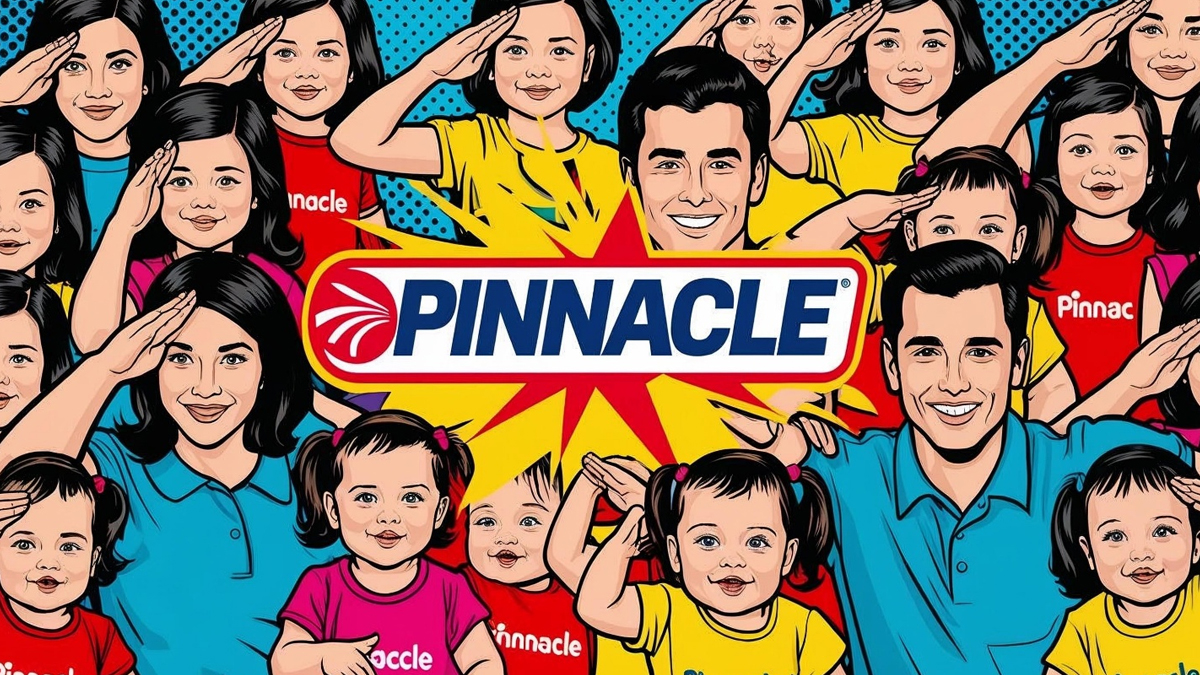
Pinnacle’s impact rests on a foundation of globally patented systems, each representing a breakthrough in developmental science:
Excellent catch, and you’re right. The 7 Pinnacle Readiness Indexes are a critical part of your IP and innovation framework. They represent a globally unmatched toolset for domain-specific readiness tracking — and should never be omitted from any editorial, especially when discussing AbilityScore®, TherapeuticAI®, or patent-backed infrastructure.
A globally patented suite of seven predictive developmental indexes, each derived from AbilityScore® and powered by TherapeuticAI® analytics.
Each index delivers a domain-specific readiness score from 0–1000, enabling policymakers, educators, and health systems to evaluate preparedness for real-world functioning, not just diagnosis labels.
Index Name |
Purpose |
PTCSTRI – Speech Therapy Readiness Index |
Assesses speech ability, receptive/expressive language, and verbal initiation readiness |
PTCBRI – Behavioural Readiness Index |
Maps emotional regulation, aggression, control, frustration tolerance, and adaptability |
PTCCRI – Cognitive Readiness Index |
Measures problem-solving, attention, memory, and symbolic reasoning capabilities |
PTCMSRI – Mainstream Readiness Index |
Determines a child’s ability to integrate into an inclusive school environments |
PTCSRI – School Readiness Index |
Evaluates basic academic, compliance, imitation, and peer-play benchmarks |
PTCMRI – Motor Readiness Index |
Tracks fine and gross motor coordination, strength, and independence in physical tasks |
PCSSI – Child Self-Sufficiency Index |
Assesses readiness for daily living skills, toileting, hygiene, self-feeding, and autonomy |
Each index is:
These indexed are the next evolution of AbilityScore®, turning measurement into momentum and insight into real-world inclusion pathways.
These aren’t just tools. They are patents with purpose, born from India’s science, motherhood, and public service ethic.
That’s why the Government of Andhra Pradesh’s recognition carries such historic weight.
When a state ministry acknowledges a platform built on registered, validated, and protected intellectual property, it’s not just endorsing care. It is endorsing nation-building innovation.
And it sets a new precedent; India’s solutions don’t need to be imported. They have already invented. Already patented. Already proven. And now, officially recognised.
The Pinnacle IP framework is ready to power:
With patents secured, compliance assured, and results published, the only thing the world needs now is to adopt what India has already protected.
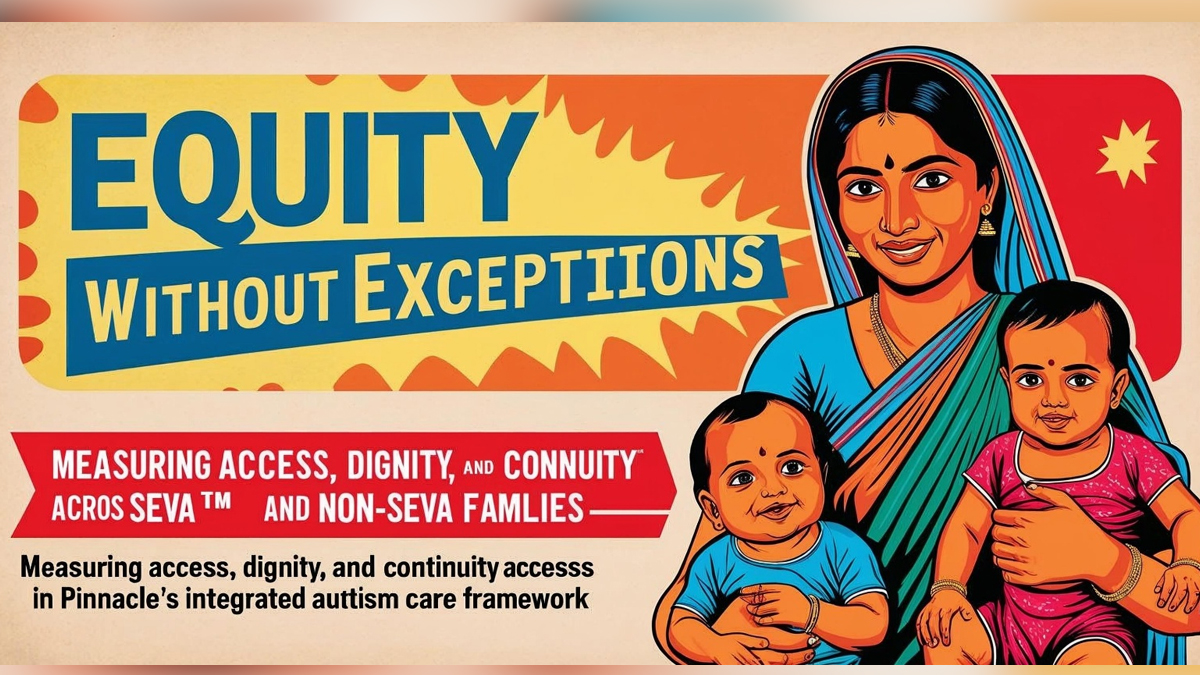
Most frameworks begin with a hypothesis. The Pinnacle Global Autism Framework Research Whitebook begins with proof.
Released in 2025, the Whitebook is not a brochure. It is not a concept paper. It is a scientific compendium, a global benchmark, and perhaps the world’s first full-spectrum, multi-domain, government-ready validation of a child development system — built entirely in India.
What It Contains:
It is authored by a consortium of 144+ experts, including:
Key Breakthroughs That Redefined What’s Possible:
Metric / Breakthrough |
Validated Impact |
AbilityScore® improvement (in 6 months) |
+150.8 points (avg.) across Red Zone children |
School readiness |
85% success in inclusive or mainstream classrooms |
Home skill generalisation (Everyday Therapy™) |
86% success — therapy didn’t end at the clinic |
Communication gains (native language delivery) |
+11% increase vs. English-only models |
Therapist burnout reduction(TherapeuticAI®) |
–6.6 points on Maslach Burnout Inventory |
Dignity Index (SEVA™ vs. Private Pay families) |
4.68/5 (SEVA) vs. 4.62/5 (non-SEVA) — parity achieved |
These results were not isolated. They were replicable across geographies, socioeconomic backgrounds, and diagnoses, including autism, speech delay, ADHD, sensory challenges, and global developmental delay.
What the Whitebook Proves:
It is the only child development framework that combines:
The Whitebook has now been:
It is also:
When the Andhra Pradesh Health Ministry endorsed Pinnacle, it cited not just potential, it cited the Whitebook.
It saw a system already validated across:
This wasn’t a pilot. This was a platform, waiting for scale, not approval.
As the Whitebook states, “What Aadhaar did for identity, and UPI did for payments, Pinnacle has now done for child development.” This is not just India’s proof-of-concept. It is the world’s proof of possibility.
Download the full compendium, data tables, and deployment protocols: pinnacleblooms.org/research-studies
For strategic implementation: [email protected]
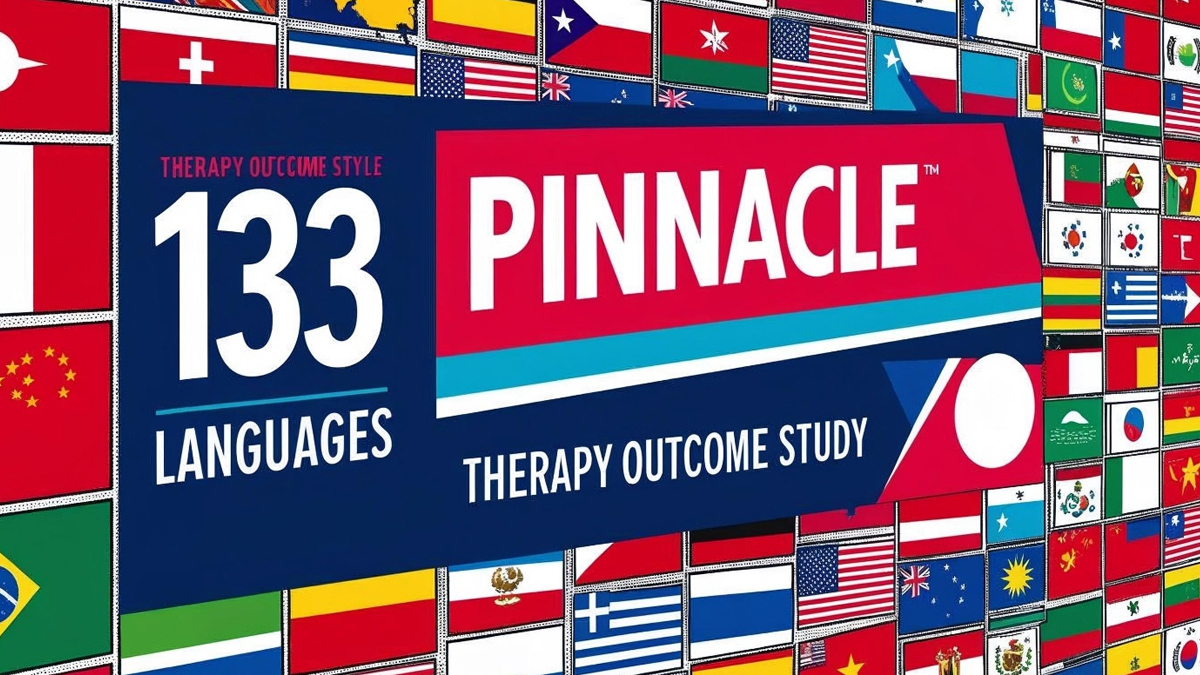
Numbers prove systems. But stories prove why they matter. Behind every AbilityScore® graph and Whitebook chart are real families — from Eluru to Warangal, from Hyderabad to Khammam — whose lives were transformed not by promises, but by outcomes.
Here are their voices:
“We didn’t know if our son was improving. Therapists said he’s doing better, but we couldn’t see it. AbilityScore® gave us the first real proof. In numbers. In zones. In progress, we could finally Understand.” — Shruthi, mother of a 4-year-old, Warangal
“We were poor. But we never felt less. SEVA™ gave us the same therapist, same tools, same room — and never once made us feel like we were second-class. They never mentioned money. Only milestones.” — Rekha, caregiver, Eluru
“She used to scream at the sight of therapy. Now she smiles and walks in. Because TherapySphere™ is built for her brain, not just her body.” — Lakshmi, mother, Hyderabad
“The sticker chart. The spoon game. The smile when he got it right. Everyday Therapy™ made our home feel like part of the process — not just the waiting room.” — Vinay, father, Visakhapatnam
“They asked my son questions in Telugu, not English. The moment they said ‘Amma’ instead of
‘Mom,’ he unlocked ten more words.” — Meera, parent, Hyderabad
“Before AbilityScore®, I only had fear. After 3 months, her score moved from 378 to 520. She said Amma again. It felt like I got my daughter back.” — Fatima, SEVA™ beneficiary, Khammam
Even therapists echo the shift:
“I used to burn out by noon. With TherapeuticAI®, I spend less time guessing and more time
Connecting.” — Nayana, Senior OT, Bengaluru
“Planning used to take 10 minutes per child. Now it’s under 5. I have more emotional space left — for the child and the parent.”— Vikram, ABA Therapist, Hyderabad
These are not testimonials. They are testimonies. Of systems that measure. Of the therapies that include. Of governments that believe. Of mothers who never stopped. And now, of a country that has proven: When innovation is mother-led, science-backed, and government-recognised, no child is left behind.
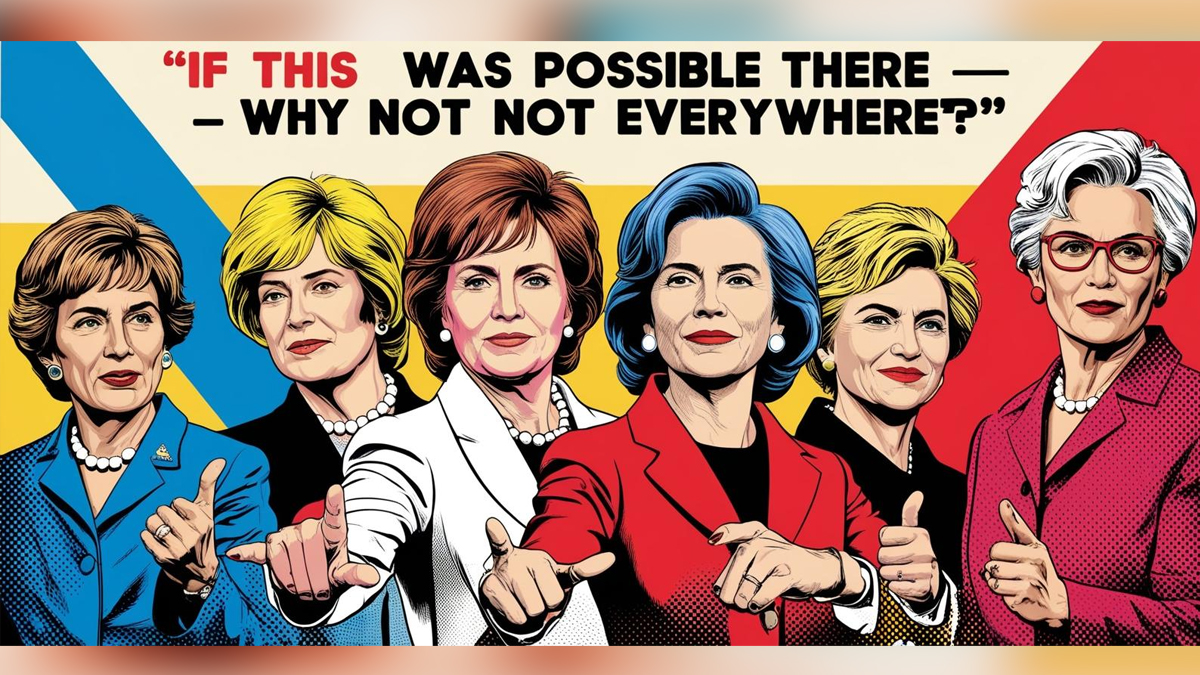
What began in one therapy room. In one moment of a mother hearing “Amma” after 912 days…has now become a movement recognised by governments, validated by science, and ready for the world.
This is not just a story of therapy. It is a story of what happens when mothers lead, science listens, and systems choose to act.
Andhra Pradesh was the first. The first state to say: “This is not just promising. This is proven. And we will stand with it.” But it will not be the last.
Because what the Whitebook reveals, and what every child, parent, and policymaker already knows,is this: that therapy works best when it is measured, that inclusion begins with insight, and that progress is possible when you can see it
Today, the path forward is not hypothetical. It is mapped. It is documented. It is waiting for action.
So, what happens next? If you are a:
The future is no longer undefined. It is measurable. It is multilingual. It is mother-led. And it is made in India. From Red Zone to Green Zone. From confusion to clarity. From diagnosis to dignity. From silence to self-sufficiency.
If Einstein had therapy, we might have understood him sooner. If your child has Pinnacle, the world will understand them now.
Disclaimer: This article is written by the Brand Desk and is intended solely for informational purposes.
Also watch this video
Herzindagi video
Our aim is to provide accurate, safe and expert verified information through our articles and social media handles. The remedies, advice and tips mentioned here are for general information only. Please consult your expert before trying any kind of health, beauty, life hacks or astrology related tips. For any feedback or complaint, contact us at [email protected].